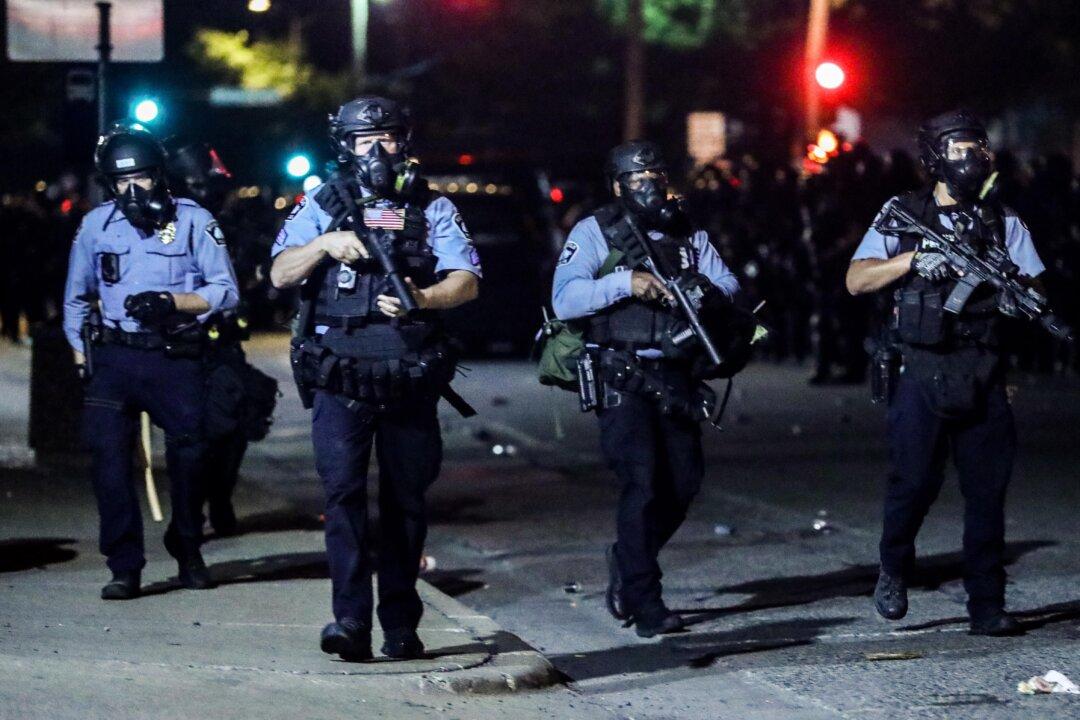Joining a chorus of lawmakers calling for police accountability, Sens. Elizabeth Warren (D-Mass.), Edward Markey (D-Mass.), and Bernie Sanders (I-Vt.) are the latest lawmakers to introduce a bill to end the legal doctrine that insulates police officers from civil lawsuits, known as qualified immunity.
The senators on July 1 introduced the Ending Qualified Immunity bill aimed to eliminate the Supreme Court-made doctrine and provide accountability for when public officials, such as police officers, violate constitutional rights.




